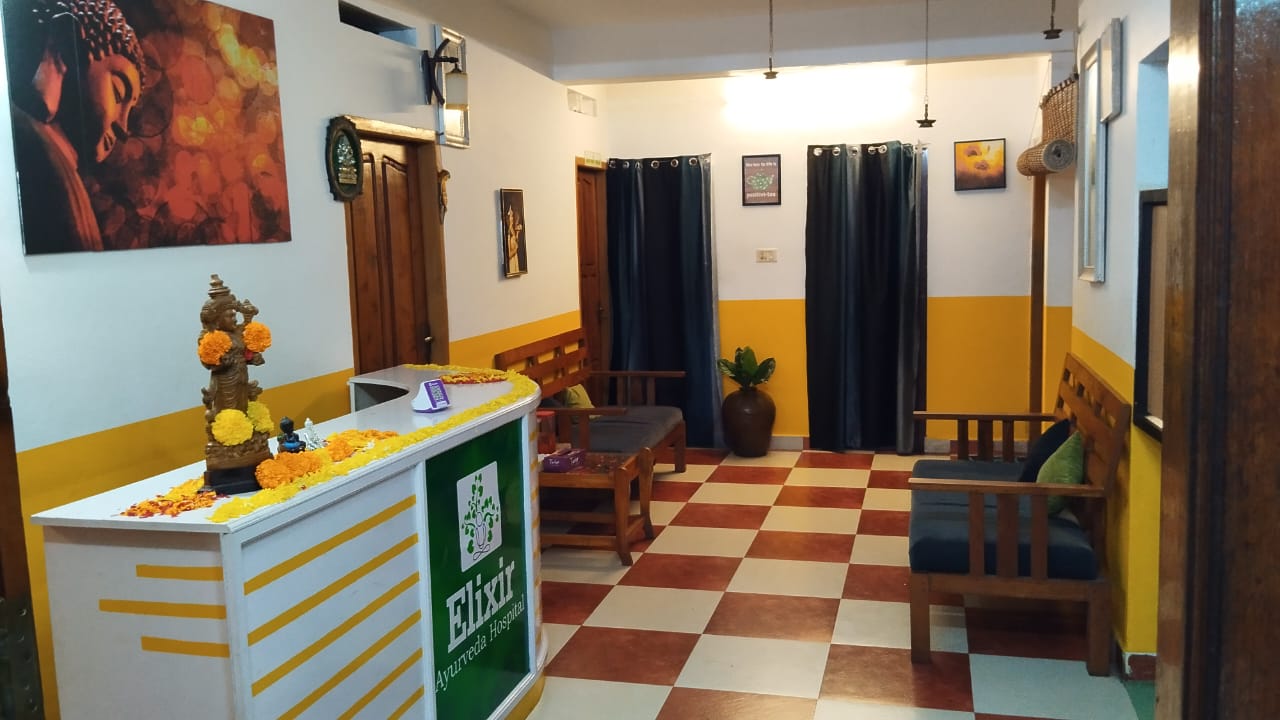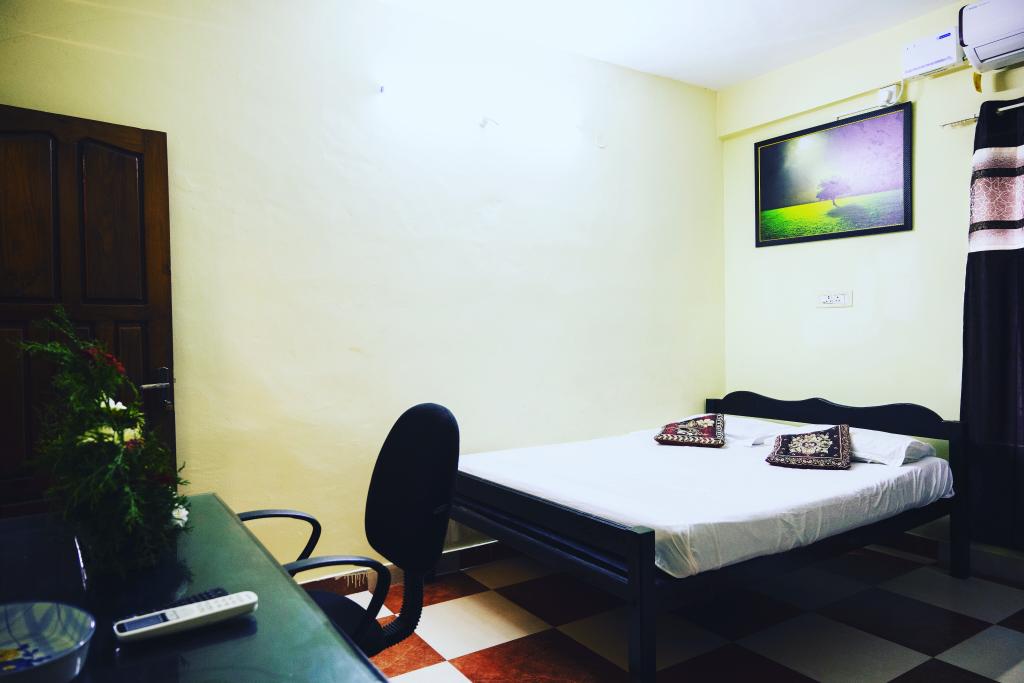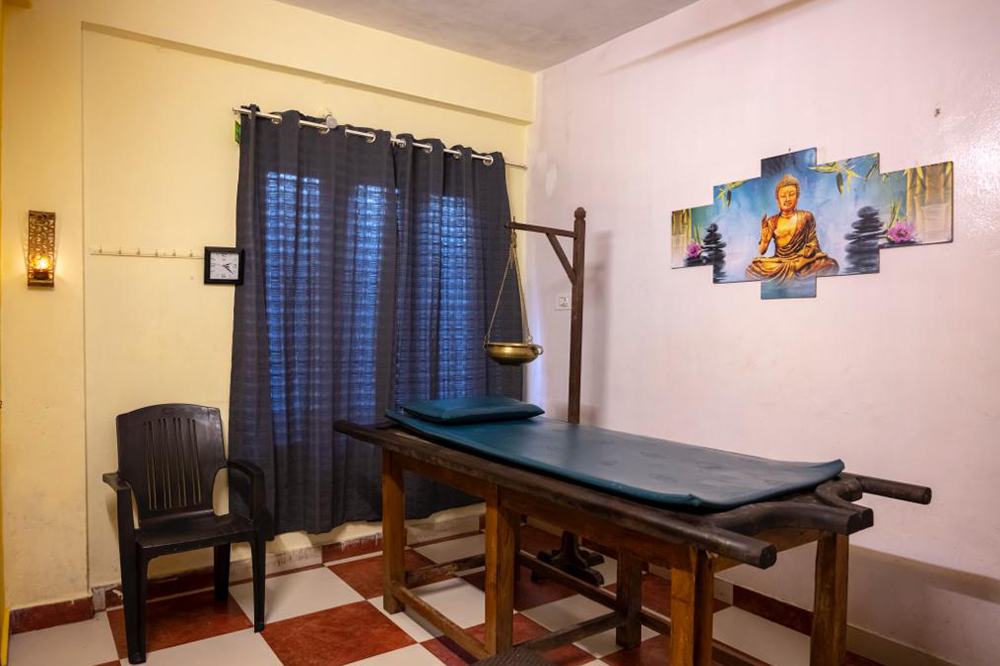Rheumatoid Arthritis (RA) is a complex autoimmune disorder that affects millions of individuals worldwide. In this condition, the body's immune system mistakenly attacks its own tissues, particularly the synovium, which is the lining of the membranes that surround the joints. Characterized by chronic inflammation, pain, and stiffness in the joints, RA can significantly impact one's quality of life. With a deep understanding of the causes, symptoms, and management of Rheumatoid Arthritis, Ayurveda, the ancient Indian medical system, provides Ayurvedic treatment for Rheumatoid Arthritis in a highly effective manner.
Understanding the Ayurvedic Perspective:
According to Ayurveda, Rheumatoid Arthritis is primarily caused by the imbalance of vata and pitta doshas, leading to the formation and accumulation of ama, or undigested toxins, in the body. Ama results from impaired digestive fire (agni), leading to the incomplete digestion of food and the creation of toxins. These toxins travel through the body's channels, settle in the joints, and trigger an inflammatory response. This persistent inflammation damages the synovial fluids, cartilage, and bones in the joints, causing pain, swelling, and deformities.
Common Causes of Rheumatoid Arthritis:
Mutually Incompatible Foods (Viruddha Aahara):
Consuming foods that are incompatible when combined can lead to the production of toxins that contribute to joint inflammation. Examples of incompatible food combinations include consuming dairy with fish or fruit with milk.
Unwholesome Lifestyle Practices (Virudha Chesta):
Engaging in lifestyle habits that are contradictory to one's constitution can disrupt the body's natural balance. For instance, staying up late at night or suppressing natural urges can contribute to dosha imbalances.
Low Metabolism and Sluggish Digestion (Mandagni):
Weak digestion leads to the accumulation of undigested food particles, which transform into ama and contribute to joint issues. Improving digestion through diet and lifestyle adjustments is crucial.
Consuming Unctuous and High-Caloric Foods:
Overconsumption of heavy and oily foods can worsen the condition by promoting ama accumulation. A light and easily digestible diet is recommended for individuals with RA.
Emotional Factors:
Negative emotions such as anger, greed, confusion, envy, grief, and fear can disturb the dosha equilibrium and contribute to RA. Managing emotional well-being is an integral part of Ayurvedic treatment.
Signs and Symptoms of Rheumatoid Arthritis:
Morning Stiffness:
One of the hallmark symptoms of RA is severe stiffness and pain, particularly in the morning. The joints may feel particularly rigid and difficult to move.
Shifting Pain:
Pain can migrate from one joint to another, adding to the discomfort. It's common for individuals with RA to experience pain in different joints at different times.
Joint Stiffness:
Joints become rigid and movement becomes limited. This stiffness can affect daily activities and impact overall mobility.
Increased Temperature:
Joints might feel warm to the touch due to inflammation. This warmth is a result of the immune response and increased blood flow to the affected areas.
Loss of Movement:
Over time, joint damage can result in a loss of normal movement. This limitation can have a significant impact on one's ability to perform daily tasks.
Joint Deformity:
In severe cases of RA, joint deformities and changes in joint structure can occur. This can further exacerbate pain and discomfort.
Loss of Appetite:
RA can cause a decrease in appetite and overall malaise. This can contribute to weakness and fatigue.
Approaches for Ayurvedic Treatment for Rheumatoid Arthritis:
Ayurveda offers a comprehensive approach to managing Rheumatoid Arthritis by focusing on correcting dosha imbalances, eliminating ama, and promoting overall health. The treatment methods include:
Langhana (Fasting):
Fasting and adopting a light diet aid in improving digestion and reducing the accumulation of ama. A short-term fast can help reset the digestive fire.
Panchakarma (Body Purification):
Panchakarma therapies like Abhyanga (oil massage), Swedana (steam therapy), and Virechana (therapeutic purgation) help eliminate toxins from the body. These therapies are personalized based on the individual's constitution and condition.
Shamana Chikitsa (Symptom Reduction):
Herbal medicines in the form of kashayas (decoctions), choornas (powders), and tailams (oils) are prescribed to alleviate symptoms. These herbal formulations help pacify aggravated doshas and reduce inflammation.
Yoga and Meditation:
Gentle yoga postures and meditation can help manage pain, improve joint flexibility, and reduce stress and anxiety. Practices like deep breathing and mindfulness can contribute to overall well-being.
Lifestyle Modifications:
Adopting a balanced lifestyle that includes a proper daily routine, a suitable diet, and managing emotions is crucial for RA management. Maintaining a routine helps regulate the body's natural rhythms and supports healing.
Can Rheumatoid Arthritis Be Cured?
Rheumatoid arthritis is considered chronic and incurable from a conventional medical standpoint. However, Ayurvedic treatment for Rheumatoid arthritis offers hope by providing effective strategies to manage and alleviate the symptoms, allowing individuals to lead a better quality of life. Early diagnosis and prompt treatment play a pivotal role in minimizing joint damage and enhancing the effectiveness of Ayurvedic therapies.
Conclusion:
Rheumatoid Arthritis is a condition that demands comprehensive care and management. Ayurveda's holistic approach to RA treatment addresses the root causes, dosha imbalances, and toxin accumulation. By incorporating dietary adjustments, Panchakarma therapies, herbal remedies, and lifestyle modifications, individuals can experience relief from pain and inflammation, and improve overall joint health.
Remember that Ayurvedic treatment should be undertaken under the guidance of a qualified Ayurvedic practitioner, who can create a personalized plan tailored to your unique constitution and condition. By embracing the principles of Ayurveda, individuals with Rheumatoid Arthritis can find a path to better health and well-being. Taking a holistic approach to managing RA can lead to a better quality of life, increased mobility, and reduced pain.


























